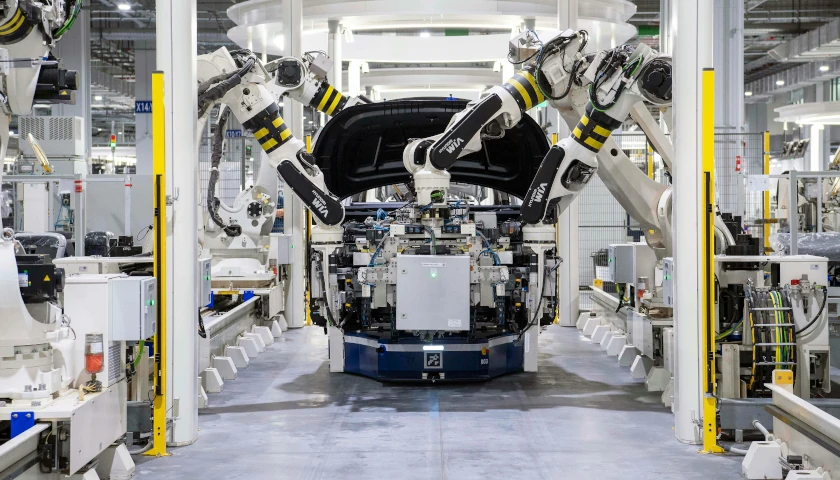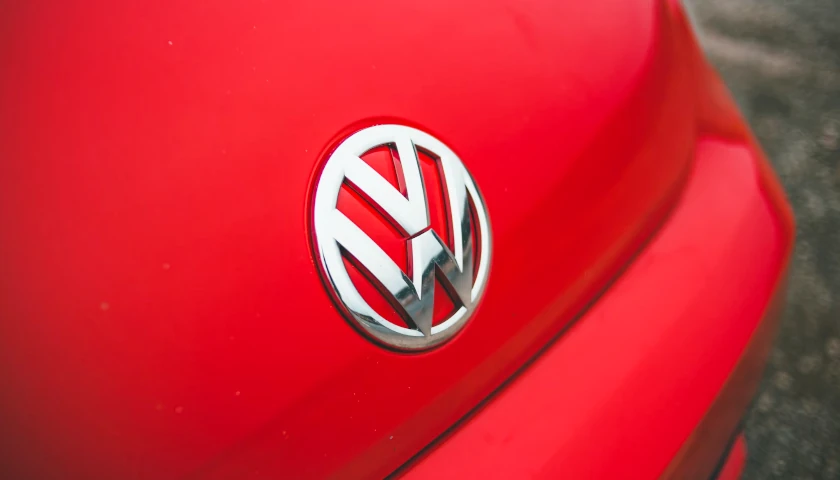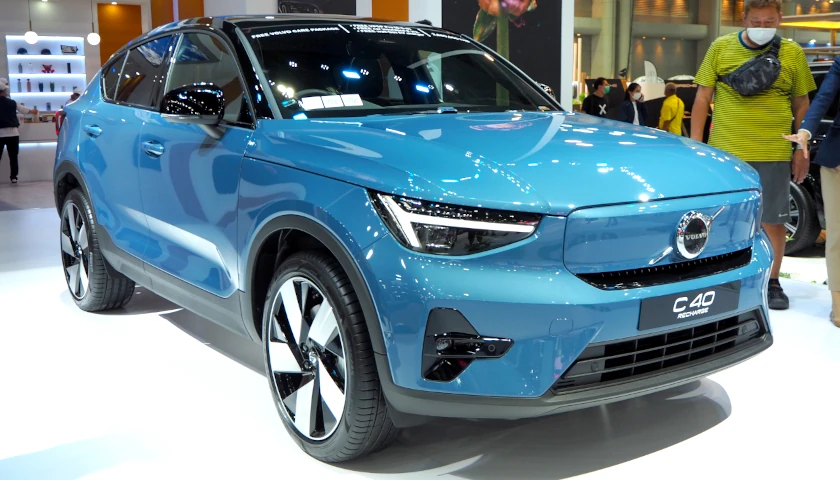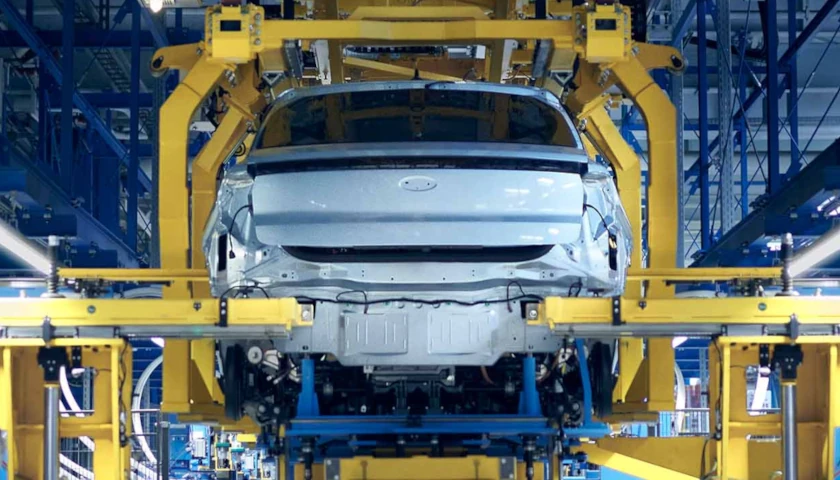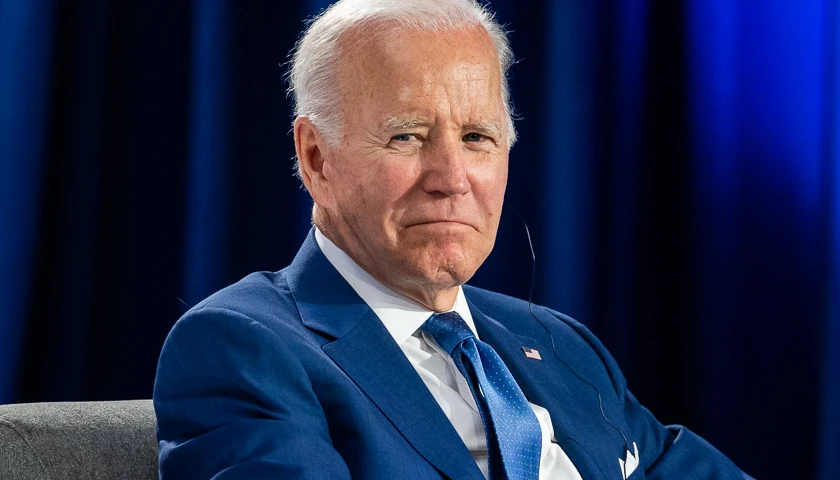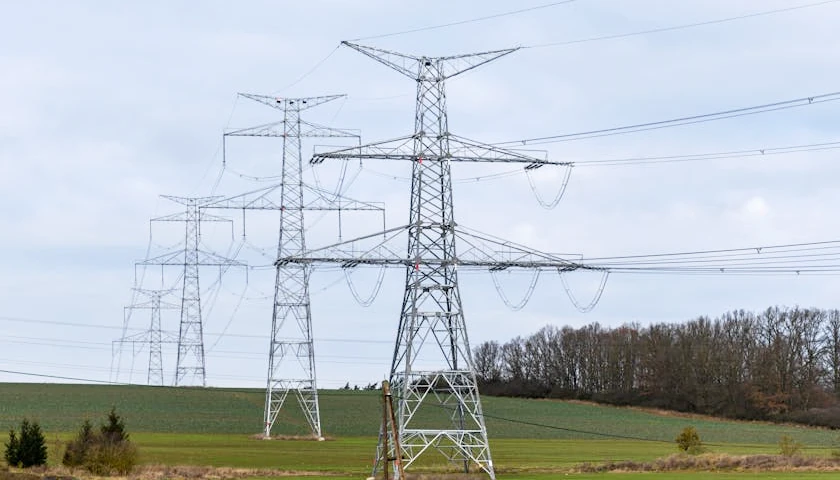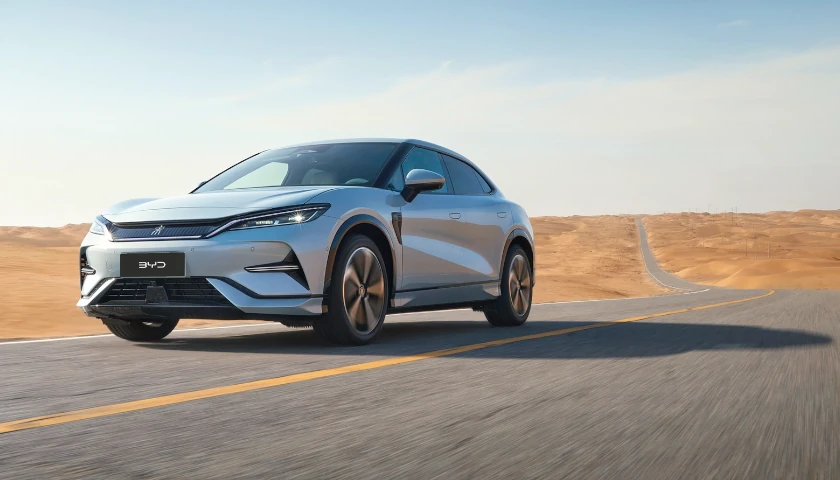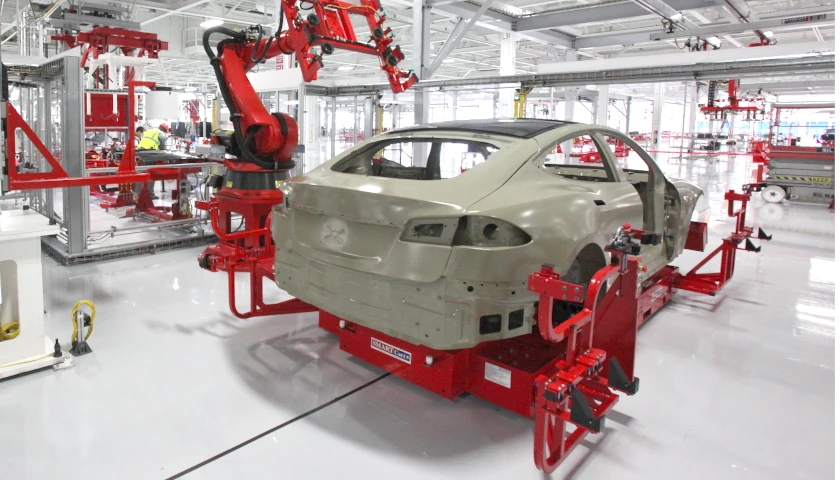Major automobile companies are attempting to cut costs associated with electric vehicle (EV) lines and autonomous cars after spending heavily on both, according to CNBC.
Companies such as General Motors (GM), Stellantis and Ford are taking drastic measures aimed at reducing costs, such as enacting layoffs and making production cuts, according to CNBC. Automakers have invested billions of dollars into self-driving cars and EVs, with many now facing prolonged returns on their investments and slow EV adoption, CNBC reported.
Read More